Acupuncture for hayfever
Hayfever, otherwise referred to as seasonal allergic rhinitis, is considered to be a hypersensitivity of the nasal mucosa to certain substances such as the pollens of grasses, trees or flowers. When the severity of symptoms do not correspond directly to fluctuations in pollen counts, other important factors can be weather conditions, dietary considerations and emotional stress. Allergic rhinitis which is not so linked to the seasons can be linked to allergens such as dust, mites, pollution, perfumes, sprays or animal dander.
Hayfever manifests as frequent, sudden attacks of sneezing, stuffy nose, itching of the roof of the mouth and sometimes red, watery, itchy eyes. There may be a feeling of heat, even if a thermometer does not indicate fever. There may also be cough with wheezing. Chinese medicine recognises the acute symptoms of hayfever as a reaction to an external factor and so acupuncture seeks to strengthen the body’s defenses so that it is no longer threatened by the external allergen. This is the focus of acupuncture treatment during the season where symptoms are acutely present. Herbal medicines can also be given to strengthen the body’s ability to deal with the allergen. There is also, however, an internal weakness in the body underlying this acute reaction of hayfever in response to the external environment. This weakness is the focus of treatment when acupuncture treatment is given during the off season.
Successful treatment with acupuncture and herbal medicine carries the long term benefits of symptom relief, without the side effects or resistance to medication that occurs with long term use of substances such as corticosteroids. Some improvements in the hayfever may be seen in the first season of acupuncture treatment, but major improvements will be seen only in the second season of treatment.
